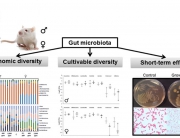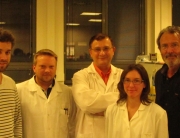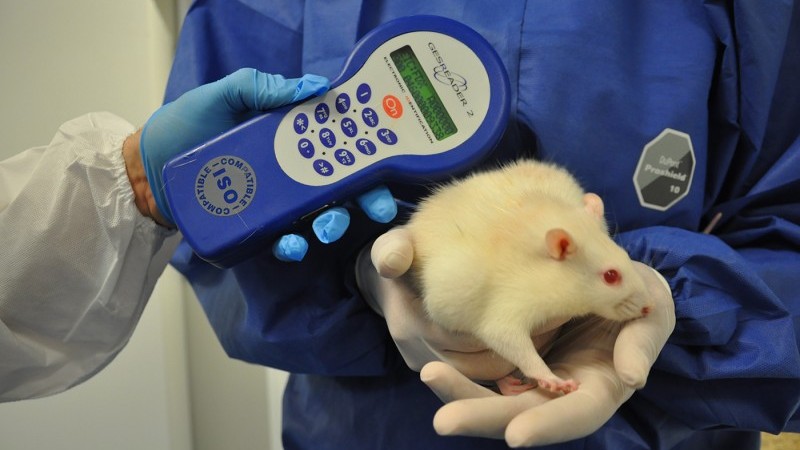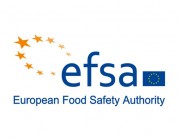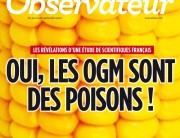A ground-breaking new long-term study, published in the peer-reviewed scientific journal Food and Chemical Toxicology, by French researchers into the effects of Monsanto’s GM herbicide tolerant corn has renewed calls for a full review of the approval system for GMOs. The study, the first to investigate the potential health impacts of GM corn over the lifetime of laboratory rats, and its authors have been attacked and dismissed by the biotech lobby.
“We know the results of this study are challenging to the status quo,” says Jodi Koberinski, Executive Director of the Organic Council of Ontario. “What is disturbing is the immediate use of red herrings and outright misinformation in the industry response”. Thus, OCO set out to consult with academics and experts on the subject to see if the various critiques have merit. “While some issues with this study necessarily require examination, there is a barrel of red herrings being used to dismiss this study”, said Ms. Koberinski. A red herring is defined as an argument which distracts an audience by introducing an irrelevancy, or in this case, a fallacy.
OCO invited Dr. Anne Clark to look at “red herrings” in the criticism. What Dr. Clark found was that many of the criticisms about the study design could equally be said of studies used in the biotech sector to request GM food approvals.
An example Dr. Clark gives of a “red herring” argument came from Tom Saunders, Head of Diabetes & Nutritional Sciences Division at Kings College, London UK. Dr. Saunders was quoted saying, “This strain of rat is very prone to mammary tumors particularly when food intake is not restricted”. Yet the Sprague-Dawley (SD) rats used by Séralini et al. (2012) were also used in most industry studies including Monsanto’s own (90-day) study on this same GM corn. The SD rat is the industry standard for carcinogenicity testing because of this very characteristic.
Further regarding Dr. Saunders’ critiques, almost all of the literature used to gain GM product approval from governments alsoallowed feed intake that was consistently free choice – unrestricted. “If the rats and their feeding regime were inferior for the Séralini study, they were also inferior for the studies used to gain initial release of GMOs into the food system- the biotech lobby cannot have this one both ways.” Says Ms. Koberinski.
Dr. Clark also notes in her paper the use of “third party authorities” in response to the new study. A third party authority is a respected person, such as a leading member of the community, whose views on a controversial subject are accepted simply because of their position. “Most of the academic and institutional commentators participating in the attack on Séralini’s work have never conducted original research into the health effects of GM crops,” writes Dr. Clark. “Nonetheless, the authority of their titles accords the aura of impartial purveyors of sound, scientific reason.”
The results of the study show significant impact on major organs, as well as tumours at 2-3 times the frequency of the control group over the lifetime of the lab rats. Effects were not detectable until 4 months but Health Canada’s current approval process has no specific requirement for testing or for the duration of feed trials. In fact, the Government of Canada has not looked at a single application with testing beyond 90 days. “It should be up to corporations to prove the safety of their products, not the burden of the public to prove harm. While we don’t want to put too much emphasis on one study,” says Ms. Koberinski, “the results cannot be ignored. The results indicate that the current practice for a 90-day feeding trial may be insufficient. This study should generate scientific inquiry, not dogma on any side.”
OCO is calling for long-term, multi-generational, public research into the effects of GMOs on health and the environment, conducted by independent scientists. “An open, scientific inquiry into the effects of GMOs is the minimum we can demand – if the industry can stand behind their products, such an inquiry ought to be welcome.”
Séralini, G.-E., et al. “Long term toxicity of a Roundup herbicide and a Roundup-tolerant genetically modified maize.” Food Chem. Toxicol. 2012
Source: www.organiccouncil.ca













